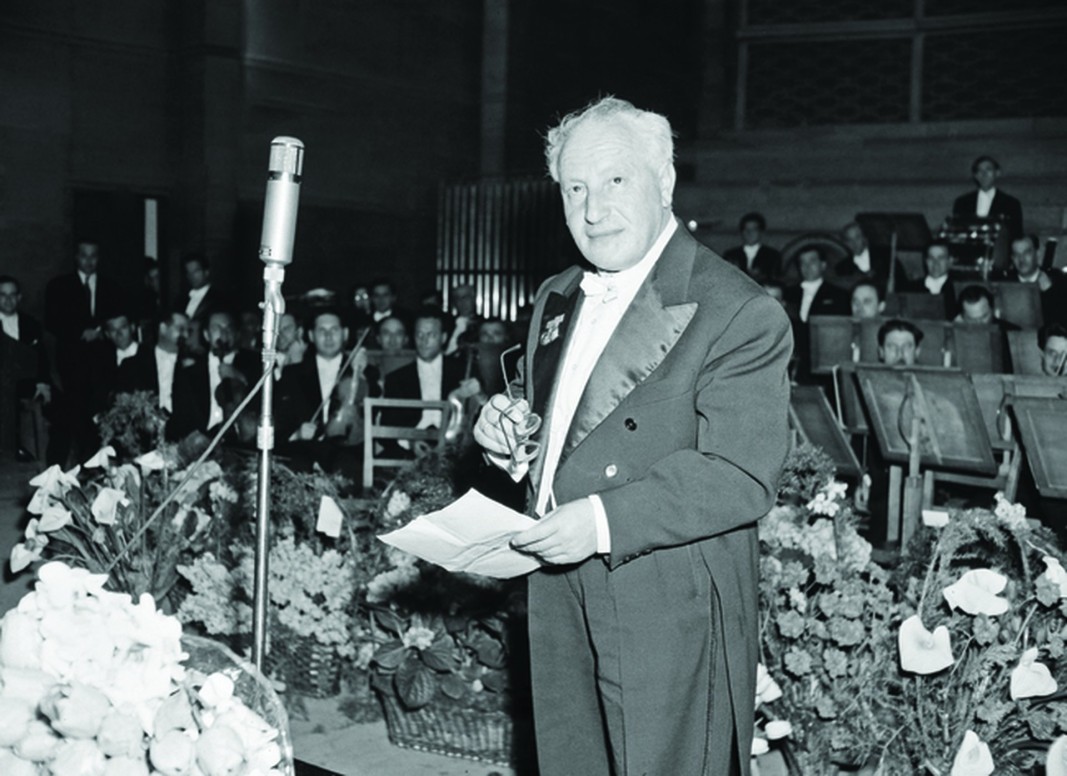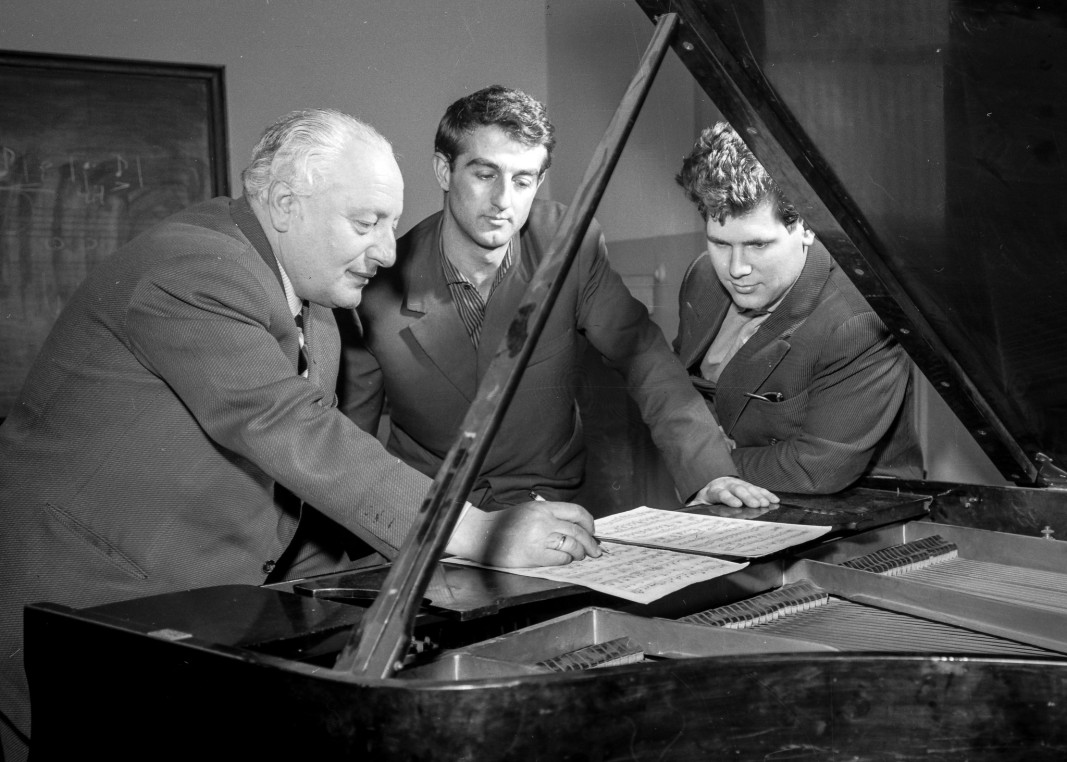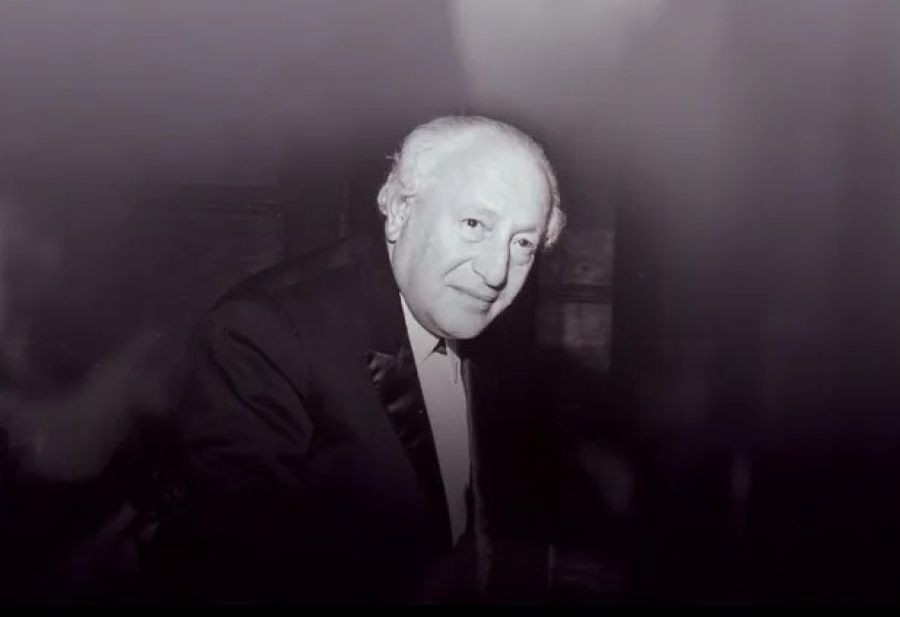Of all the works by Bulgarian composers, Pancho Vladigerov’s music is undoubtedly the most frequently performed on the Bulgarian and world stage. When Bulgarian musicians want to represent their homeland through its musical heritage, they most often choose pieces by Pancho Vladigerov.

The piano cycle ''Classical and Romantic'' was composed in 1931 in Berlin. In the German capital, the composer created the first works in certain genres in Bulgarian music: a piano trio, a vocal cycle, a concerto for violin and orchestra, as well as the emblematic Bulgarian Rhapsody ''Vardar''. From 1920 to 1932, Vladigerov worked at Deutsches Theater Berlin at the invitation of the legendary director Max Reinhardt, composing music for a large number of theatrical productions.

Vladigerov communicated with some of the most prominent figures of the intellectual elite, including Richard Strauss, Stefan Zweig, Thomas Mann and Hugo von Hofmannsthal. His talent shone brightly, and the music he composed both for outside recipients and for the theatre was highly valued. Some of the theatre music was incorporated into other works.
The piano cycle ''Classical and Romantic'', composed in 1931, also contains theatrical episodes. Originally, the cycle consisted of six pieces: three in the neoclassical style (Rigaudon, Sarabande and Minuet), and three pieces in a romantic style (Northern Song, Pages from an Album and Short March). ''Rigaudon'' is a piece derived from the music to ''Much Ado About Nothing'' by Shakespeare, while ''Sarabande'' and ''Minuet'' are drawn from ''Pantomime'', a commission from Reinhardt to Hugo von Hofmannsthal and Vladigerov for a planned production in the United States, which ultimately remained unfinished.
In January 1933, in his hometown of Shumen, Pancho Vladigerov performed the piano cycle ''Classical and Romantic'' for the first time in Bulgaria. In 1940, he made a transcription of the work for a chamber orchestra and added another neoclassical piece - ''Courante'', derived from the music to the play ''The Fan'' by Carlo Goldoni. However, the most popular and most frequently performed piece from the cycle remains the lavish, powerful and majestic ''Sarabande''.
One of the most popular recordings of the orchestral version is that of Pancho Vladigerov’s son — the acclaimed conductor and composer Alexander Vladigerov — with the Bulgarian National Radio Symphony Orchestra in the mid-1980s. Although Alexander Vladigerov is unquestionably the benchmark interpreter of his father’s works, in the segment dedicated to highlights of Bulgarian musical culture, we have chosen a newer and more contemporary performance. This version, to the rendition of the BNR Symphony Orchestra, is from March 13, 2009. It was performed in Bulgaria Hall under the baton of Emil Tabakov on the 110th anniversary of the birth of the great Bulgarian composer and is included in the prestigious album ''Tune In – The Music of Europe'', released by Polskie Radio (the national public-service radio broadcasting organization of Poland) with the support of the European Broadcasting Union (EBU).

Photos: vladigerov.org; Facebook /Pancho Vladigerov House Museum – Sofia; Facebook/National Music Academy "Prof. Pancho Vladigerov"
Kalina Andreeva and Yoana Andreeva have been involved with music literally their whole lives. Although they have a classical musical education, as daughters of the singer, conductor and vocal pedagogue Neli Andreeva and the conductor, composer,..
Two young girls - Elisaveta Tasheva aka eleeza and Rada Ilieva - have been singing since they were little, but also create their own original songs. Now, united by their common views on music, they present their joint song "What divides us". The music..
The band B.T.R. is concluding their national tour with a final concert on October 8 at Hall No 1 of the National Palace of Culture in Sofia. Like the entire tour , the concert features musicians from AHAT. Just two days after that, the rock musicians..
The popular duo "Molets" will present its new album “ Paraklis” (Chapel) with two concerts in Hall 1 of the National Palace of..
The JazzBoree group continues the line of mixing Bulgarian folklore with expressive means characteristic of jazz. The musicians of the formation find the..

+359 2 9336 661
